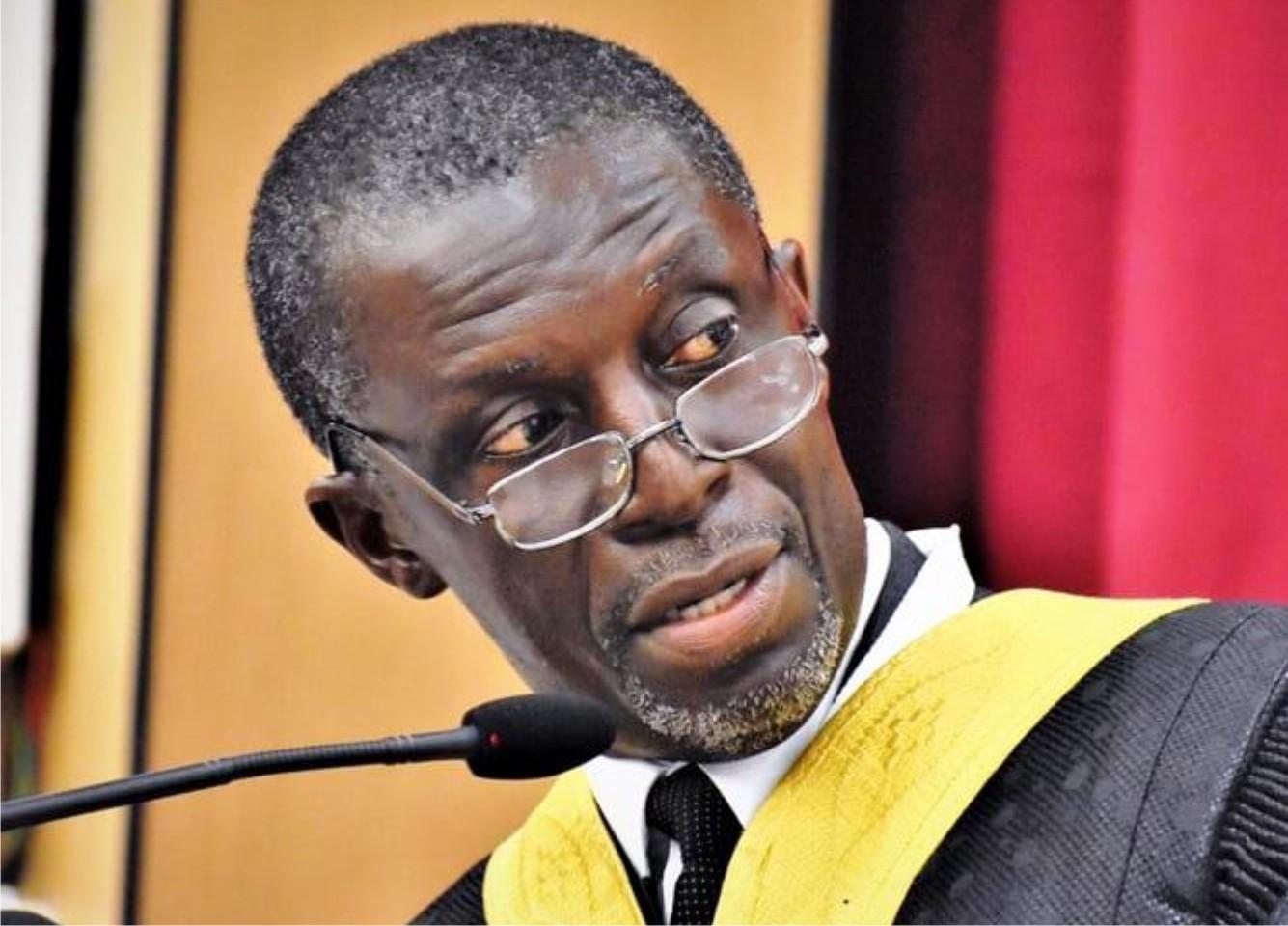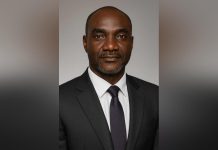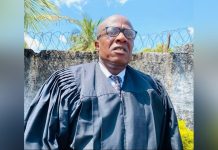Africa-Press – Liberia. Prominent human rights lawyer and former presidential candidate Cllr. Tiawan Saye Gongloe has sharply criticized a new Senate proposal seeking to establish a purely domestic War Crimes Court, warning that such an approach would lead Liberia into “another historic failure” and compromise efforts to deliver credible justice for victims of the civil wars.
In a commentary, Gongloe argued that the Senate’s move reflects “legislative bad faith” and contradicts the Legislature’s own Joint Resolution #JR-001/2024, which explicitly mandates the Executive Branch, not the Senate, to develop the legal framework for an internationally supported, hybrid War and Economic Crimes Court.
Gongloe pointed out that the April 2024 Joint Resolution was precise in its instructions: the Executive must develop and present a framework for an Extraordinary Criminal Court for Liberia, internationally backed and designed to operate in cooperation with the United Nations, the European Union, the United States Government, and other key partners.
He noted that while the War and Economic Crimes Court Secretariat established by Executive Order under that same Resolution is actively drafting the bill with both national and international experts, two senators chose to introduce a separate domestic bill, effectively bypassing the process.
“This act is in clear violation of the Legislature’s own directive,” Gongloe said. “The sponsors of the bill have undermined the transitional justice roadmap, ignored the language of the Resolution, and acted in bad faith.”
Sovereignty Argument Rejected as “Isolationist and Misguided”
According to Gongloe, proponents of a purely domestic court are invoking a distorted notion of sovereignty that ultimately weakens Liberia’s credibility.
He emphasized that Liberia’s civil wars were rooted in corruption, impunity, and human rights abuses not foreign interference. To use sovereignty as justification to exclude international participation, he said, is “unpatriotic and unnationalistic.”
Liberia, he stressed, has binding obligations under the Geneva Conventions and other international treaties to prosecute or extradite individuals accused of war crimes.
“To walk away from that responsibility dishonors the dead and betrays our commitments,” he said.
Gongloe cited multiple examples from across Africa where hybrid courts comprising both international and national judges have delivered justice effectively and credibly.
He referenced the Special Court for Sierra Leone, which convicted former Liberian President Charles Taylor; the Extraordinary African Chambers in Senegal, which prosecuted Hissène Habré; and the ongoing hybrid Special Criminal Court in the Central African Republic.
“These courts worked because they were anchored in international law, insulated from political interference, and supported by international funding and expertise,” Gongloe noted.
He added that organizations such as the Open Society Justice Initiative, CIVITAS Maxima, and the Global Justice and Research Project have already aided in successful Liberian-linked prosecutions abroad, raising the question of why justice cannot happen in Liberia under the right model.
Gongloe warned that establishing a domestic court would repeat the mistakes of past institutional projects that looked promising on paper but collapsed under political pressure and lack of capacity.
He argued that a proper War and Economic Crimes Court must have international judges and prosecutors, international investigators, and a majority of foreign personnel grounding in international humanitarian law.
He said only then will the court reassure victims, protect the accused, and restore confidence in the justice system.
“Justice Delayed Is Peace Denied”
In conclusion, Gongloe said the Senate’s unilateral proposal not only undermines the transitional justice process but also weakens Liberia’s international standing.
“Liberia cannot claim peace while shielding impunity,” he asserted, adding that the Accra Peace Agreement, the TRC Act, and the Geneva Conventions all point toward one path: an internationally backed hybrid tribunal.
Rejecting international partnership, he cautioned, will not enhance sovereignty; it will erode it.
“True sovereignty is exercised through justice, not isolation.”
Gongloe insisted that only a hybrid War and Economic Crimes Court internationally grounded and nationally supported can fulfill Liberia’s commitment to the principle of “Never Again.”
Source: Liberia news The New Dawn Liberia,
For More News And Analysis About Liberia Follow Africa-Press






